Department Of Veterans Affairs
-
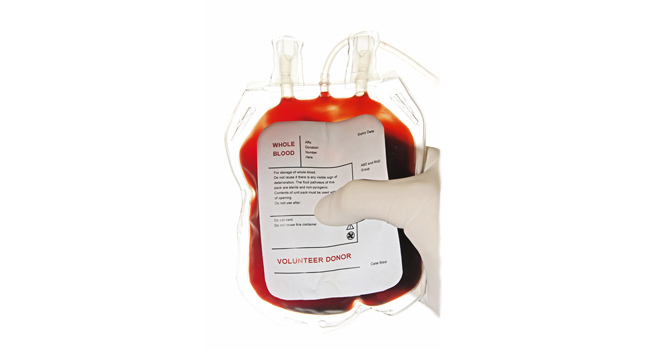
Kids more likely to react to blood transfusions
Pediatric patients have a significantly higher incidence of transfusion reactions compared to adults, according to a study by Vanderbilt University researchers. Read MoreMay 4, 2015
-

Boosting beta cells in diabetes
New findings suggest that it might be possible to treat diabetes by regenerating insulin-producing beta cells in the pancreas. Read MoreApr 20, 2015
-
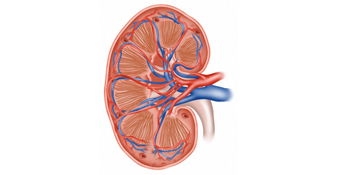
Surprising finding in the kidney
TGF-beta signaling in the kidney was thought to be a target for reducing renal fibrosis, but Vanderbilt researchers report that fibrosis still occurs in the absence of TGF-beta signaling. Read MoreApr 16, 2015
-

New player in heart cell growth
Vanderbilt researchers have identified a new protein involved in heart cell growth, which could improve understanding of pathologic cardiac hypertrophy. Read MoreApr 6, 2015
-
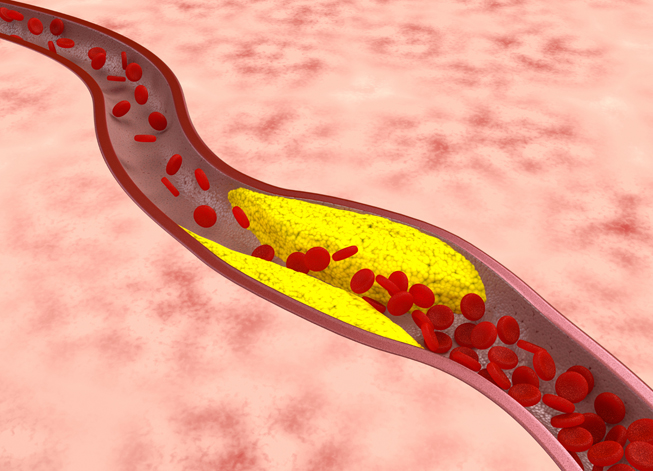
Target for atherosclerosis therapies
A newly identified “atheroprotective” gene is a tool for exploring plaque pathophysiology and may be a good target for therapies to slow atherosclerosis progression. Read MoreDec 17, 2014
-

Immune cell activity and melanoma
The activity of a certain factor in immune cells is essential for an anti-tumor response, emphasizing the need to consider the effects of anti-cancer therapies on immune cells. Read MoreNov 6, 2014
-

Skin cancer risks higher for soldiers serving abroad
Soldiers deployed to tropical and sunny climates are coming home with increased risk factors for a threat far from the battlefield: skin cancer. Read MoreSep 11, 2014
-

Factor impacts bone toughness
The factor ATF4 has a role in the toughness of bone and its resistance to fracture, suggesting new therapeutic targets. Read MoreJun 16, 2014
-

Potential mechanism for myeloma drug’s variable toxicity
A genetic variant is associated with toxicity of the chemotherapy drug melphalan, and could guide individualized dosing for the medication. Read MoreApr 30, 2014
-

Increased cell permeability may protect from colitis
Having a “leaky” gut may protect against colitis, a paradoxical finding that alters understanding of the role of cell permeability in intestinal homeostasis and immune regulation. Read MoreApr 25, 2014
-

Delirium increases long-term disability
Patients who suffer a longer duration of delirium in the intensive care unit are more likely to experience long-term disability after discharge. Read MoreMar 17, 2014
-
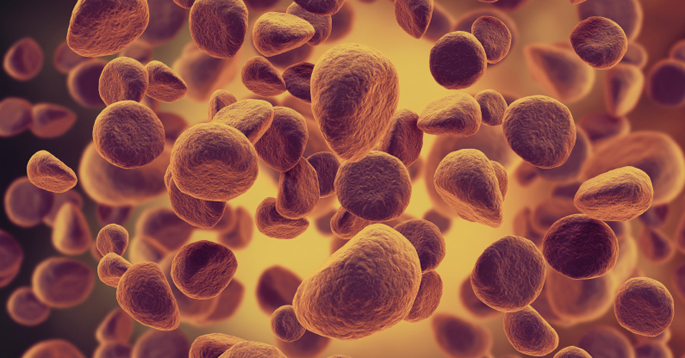
Probing the pathogenesis of leukemia
A new mouse model reveals gene clusters important in a treatment-resistant form of leukemia. Read MoreFeb 27, 2014
-

New direction for treating lung cancer
Targeting the production of molecules that promote tumor blood vessel development offers a new path for treating lung cancer. Read MoreFeb 7, 2014
-

Is healthy obesity possible?
It might be possible to generate a “metabolically healthy” state of obesity by targeting signaling pathways that improve insulin sensitivity. Read MoreJan 29, 2014
-
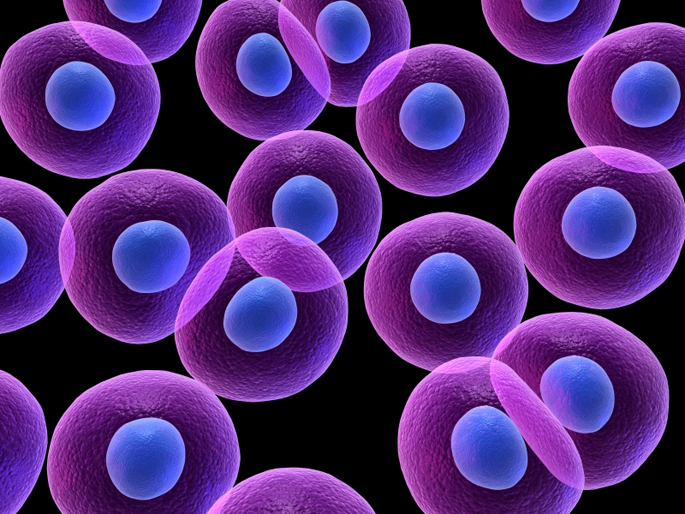
Searching for beta cell stimulators
Vanderbilt researchers describe a new technique for identifying factors that stimulate the proliferation of pancreatic beta cells – factors that might offer therapeutic options for diabetes. Read MoreJan 13, 2014
-
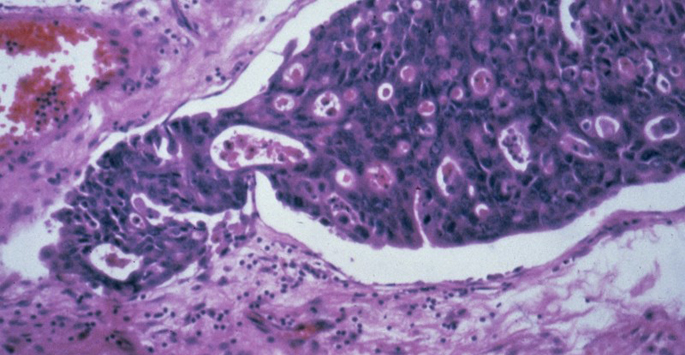
Therapeutic target for gastric cancer
A protein kinase linked to inflammation and tumor development may be a good target for gastric cancer therapies. Read MoreDec 12, 2013
-
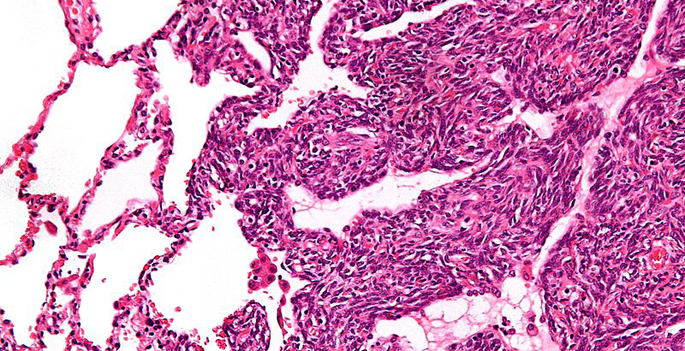
Therapeutic target for synovial sarcoma
Inhibitors of a signaling pathway that is critical to synovial sarcoma tumorigenesis may be useful treatments for this aggressive cancer. Read MoreNov 21, 2013
-

VUCast: Startling brain-related study on critically ill patients
In the latest VUCast: ICU patients are leaving hospitals with a dementia-like disease; What’s the fate of the Republican Party?; Hear from Pulitzer Prize-winning author and Distinguished Visiting Professor Jon Meacham; and It's time to celebrate -- the Rate My Professor 2013 rankings are in. All this and more in Vanderbilt’s online newscast. Watch now. Read MoreOct 16, 2013
-

Cell changes en route to stomach cancer
Molecular characterization of pre-cancerous changes in cells lining the stomach could point to lesions with a greater risk of progression to cancer. Read MoreSep 26, 2013
-

Factor’s yin-yang tumor effects
A factor produced by most malignant cells can both promote and inhibit tumor growth – an insight that is critical to using cancer drugs developed to block this factor. Read MoreJun 10, 2013